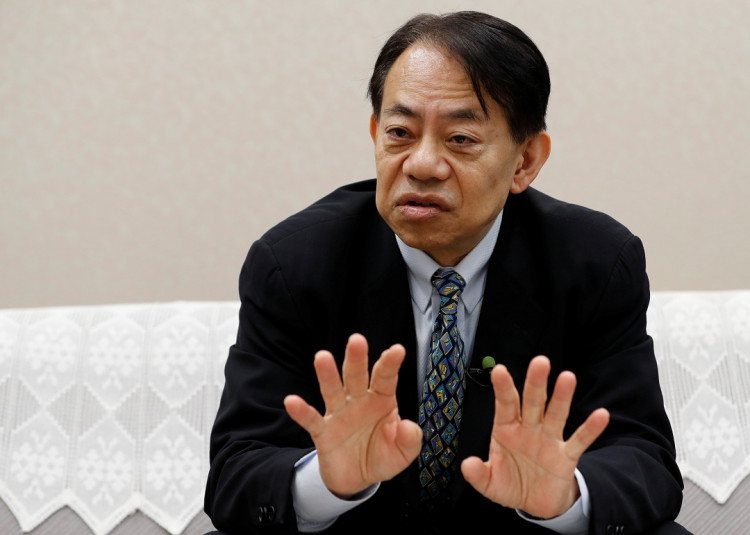The incoming president of the Asian Development Bank (ADB) is reportedly mulling over the possibility of phasing out aid to high and medium-income borrowers such as China. Masatsugu Asakawa, who will officially take over the position as ADB's president in January, mentioned that he expects China's economy to slow down even further if its trade dispute with the United States will continue.
The second-largest economy in the world is currently dealing with several negative factors that have contributed to its economic growth slowdown. Apart from its ongoing trade dispute, China is dealing with an aging population, excess capacity, and a growing debt problem.
These factors have led some to believe that the ADB could very well cut its support to China, essentially cutting it off from receiving new loans. Asakawa clarified that the decision is still up for "throughout discussions" and that they have yet to decide on the matter.
Asakawa did mention that the company is adamant about phasing out loans to high and medium-income borrowers, a category which China falls into. When asked directly about its stand on Chinese loans, Asakawa stated that his decision will still depend on the outcome of the discussions.
His answer to the question was perceived as a cautious one as a concrete decision on the matter would likely be very unpopular in China. Asakawa did mention that the decision would also depend on several major factors, including China's ability to further access capital markets and its stage of economic development.
Explaining his thoughts on China's economic slowdown, Asakawa stated that the main cause for the gradual decline is "deep-rooted structural problems" that continue to persist. The bank's incoming president explained his take on the matter and mentioned that he thinks that further slowdown in Chinese economic growth is "unavoidable."
Asakawa's statements are a stark contrast to his soon-to-be predecessor, incumbent ADB president Takehiko Nakao. The ADB's current president had mentioned back in April that he was against the idea of cutting off China. Nakao stated that he still saw value in providing loans to China despite the current geopolitical climate and its economic situation.
The ADB, a Japanese-led multilateral lender, announced on Monday that Asakawa, a former top Japanese currency diplomat, would be replacing Nakao as its next president. The ADB was originally founded in 1966 has 68 member countries ranging from smaller economies such as Pakistan and economic giants such as China and India.






